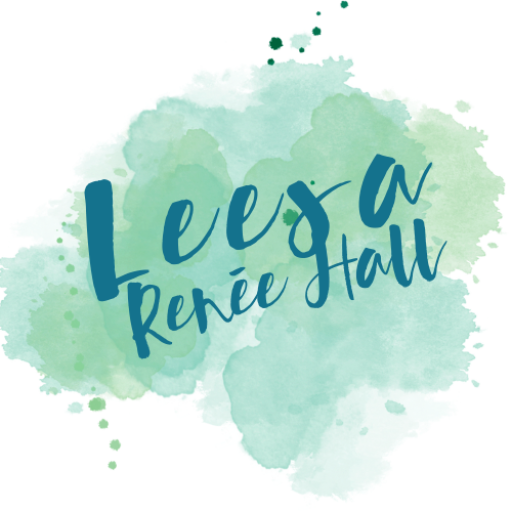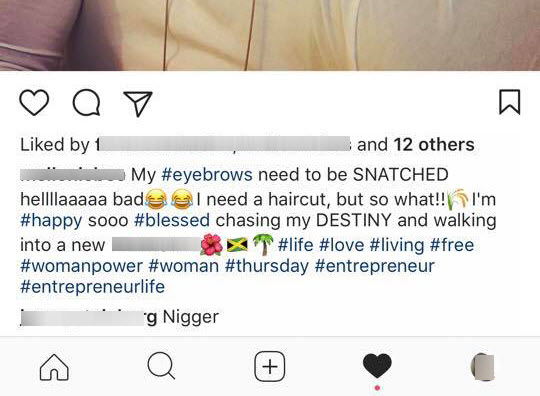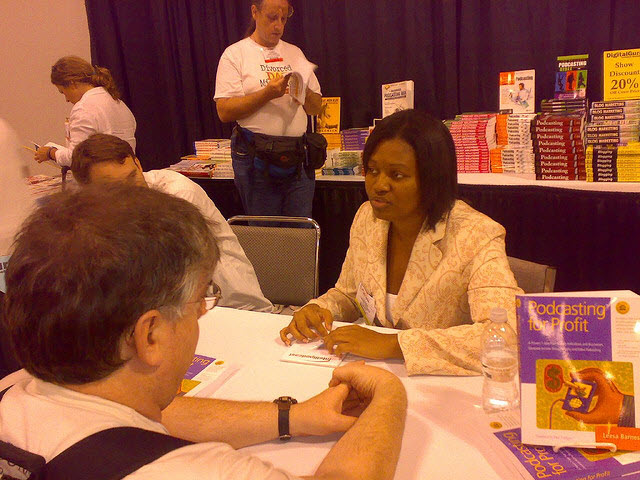I picked up an issue of Time magazine while waiting at the doctor’s office this morning. It was the first time in months that I read one – a magazine that is – so I was curious to see what was going on in the pages.
Sadly, I was in the doctor’s office long enough to read the entire issue. I said sadly because it meant I missed out on 2-hours of writing. In any case, I came across an article looking at the number of Blacks in baseball. There was an audio series created by someone who looked at some of the Black baseball greats from the past.
I was intrigued that the article called the product – the audio series that is – Oral History. This brought up an interesting thought which is yet another reason why I love podcasting so much.
While pursuing a degree in history at York University, the issue of oral history always popped up. Some historians don’t believe that capturing historical events through interviews is a legitimate form of history. Other historians believe it is since for many cultures who rely more on words and actions to pass on stories, rather than written text, passing on their stories through storytelling is the only way they can relay information to future generations.
This is especially prevelant in slave cultures where many can’t read and write. Slavery is often told from the viewpoint of those who could read and write and very few of them were slaves themselves.
I remember one book in particular that became a source of controversy in the 19th century because the author filled the pages with interviews from those who were slaves. Some decried the work as fiction, while others said it was the only way that slaves could get their stories known.
Podcasting is giving us a way to document these stories. One of my podcasts, The Adventures of Papa Zeek, is my attempt to capture my mom and dad’s stories. While they’re both educated and can read and write, they will never sit down to write their own stories. So, I record them telling it to me and then I share them with you.
But I’m not only capturing their words. I could easily do that by typing it up. I’m also capturing their culture. The words they speak, the way they say it and how their culture influences the way they see the world around them.
I’ve always held that oral history is a legitimate form of capturing historical events. Yes, the memories may change, so may the stories, but the occurrence of a particular event is what is consistent.
We all know that the events that happened on September 11, 2001 or April 17, 2007 happened. There’s no denying that. However, the way each person recounts those events will depend on their proximity, geography, race, class and ties to the school, victims and those who masterminded the event.
Capturing these stories using inexpensive recording equipment is now easy to do. But perhaps the biggest benefit is being able to share these stories through a podcast to a wider audience. Because it’s then that these stories become richer when others can contribute their own stories as well.
Tags:
history,
oral history,
podcasting



0 Comments